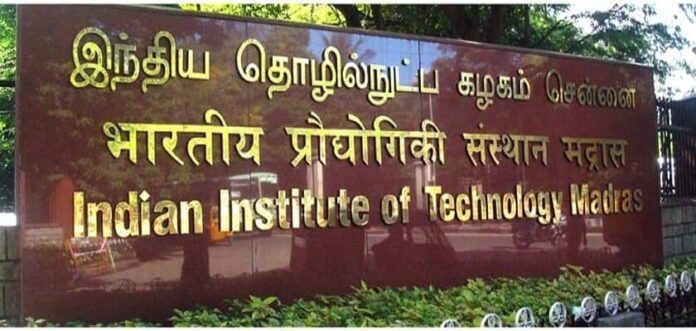Three premier institutes of the country have joined hands with a private technology firm to upgrade a website collating critical COVID-19 data and providing a standardised format for the benefit of people and researchers studying the pandemic, according to officials.
The Indian Institute of Technology (IIT), Madras, Indian Institute of Science (IISc) and Indian Statistical Institute (ISI) have join hands with Semantic Web India, a private technology firm based in Bengaluru, to upgrade the data, they said.
Researchers will automate the process of data collection from central and state government websites and collate them, providing historical data as well as analyses on cases, recoveries and vaccination levels.
The officials said the website www.covid19india.org offered a comprehensive view on the pandemic across India by providing data on confirmed cases, active and recovered cases, tests and fatalities.
The portal also recently started showing vaccination administration status for single-dose and fully vaccinated. The new public repository is being hosted at www.incovid19.org.
Kamakoti said the website, which till now was run by volunteers based on a crowd-sourcing model, provided valuable data to the public as well as researchers studying the pandemic.
The organisers recently announced that they would stop their operations beyond 31st October 2021.
“The data on COVID-19 is being put out in public domain by various government entities. This initiative collates all this data and provides a one-stop-shop in a standardised format for the benefit of researchers and general public,” said Kamakotii.
“Further, the consolidated data will be made available to the general audience through a public repository with appropriate APIs (application programming interface) matching those currently available at the earlier portal to ensure least disruption to applications and consumers of information,” he added.
The new portal will continue the efforts of the current Covid19 India portal with historical and newly collated data from diverse sources. Beyond this, the project also envisages creation of a semantic layer on the data to provide enhanced search and analysis.




